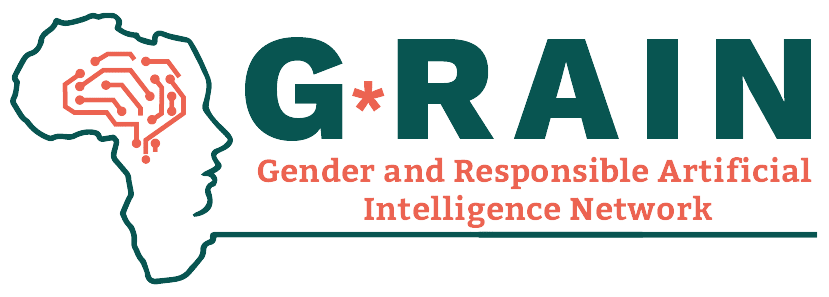In issue 16 of :
focused
IPAR's contribution to the analysis of policy, legal, institutional and ethical frameworks for responsible AI in West Africa (Benin, Burkina Faso, Côte d'Ivoire, Senegal)
16 | 2024
Artificial intelligence: A lever for sustainable development in Africa
Part One: Ethics and public policy
Published in issue 16 of the magazine Communication, technology and development " centred on the theme " Artificial intelligence: a lever for sustainable development in Africa", This contribution highlights the strategic role that Artificial Intelligence (AI) could play in development in Africa, with its potential to improve services, transform the economy and respond to socio-economic challenges. However, its deployment raises challenges relating to human rights, data protection, ethics and local specificities.
Current policy, legal, institutional and ethical frameworks remain insufficient to meet the challenges of AI in West Africa. Regional harmonisation and the development of specific approaches, based on local contexts, are essential to maximise the opportunities offered by AI while minimising its risks.
The aim of the study is to assess existing frameworks and propose recommendations for responsible AI in the four target countries.
Taking the example of four West African countries, the article depicts an AI deployment marked by disparities, particularly at the political level. Indeed, Benin is described as the only one of the four countries to have adopted a national AI strategy (2023-2027), targeting key sectors such as health, education and agriculture, while the other countries (Burkina Faso, Côte d'Ivoire and Senegal) mention AI in their digital strategies, but without a specific framework.
The authors recommend regional collaboration via ECOWAS to harmonise national strategies and promote a regional approach to AI.
As far as the legal framework is concerned, the authors state that legislation in all four countries takes account of the protection of personal data. However, these texts need to be adjusted to meet the specific challenges of AI.
Benin and Burkina Faso stand out for having laws that explicitly include provisions on AI, particularly on automated decisions. The Malabo Convention and the ECOWAS directives provide a basis for harmonising legal frameworks, but their adoption and implementation remain limited.
At institutional level, the lack of specific structures dedicated to AI limits coordination between public, private and academic players.
ICT ministries and national data protection agencies are the main existing bodies, but they do not fully cover AI-related issues.
A National Commission on AI is recommended to coordinate initiatives, foster collaboration and manage resources.
In ethical terms, the principles defined by UNESCO (transparency, inclusion, non-discrimination, security) serve as a reference for the development of appropriate frameworks. ECOWAS and member countries are encouraged to create ethical guidelines adapted to the African context, based on local values and standards.
Specific challenges and recommendations
The challenges to be met for the appropriate deployment of AI mainly concern the protection of personal data. In this respect, it is important to guarantee ethical and secure data management in a context of massive data collection by AI.
With regard to cybersecurity, it is recommended that the legislative frameworks be strengthened in the face of the vulnerabilities associated with AI systems.
With regard to the opening up of public data, it is recommended that regulations be developed to promote fair and secure access to public data.
Other recommendations include
- Develop specific national and regional AI strategies, drawing on international best practice;
- Strengthen data protection laws and harmonise frameworks via ECOWAS;
- Create entities dedicated to AI to coordinate actions and mobilise stakeholders;
- Set up ethics committees and risk assessment tools to ensure responsible use of AI.
- ECOWAS must play a central role in creating a unified framework for AI in West Africa.
Link to the full publication: https://journals.openedition.org/ctd/12418
Author. Laure Tall, Mamadou Niang, Fatou Fofana, Cheikh Faye, Marame Cissé, Ndèye Fatou Mboup, Isac Mingou, Tabara Korka Ndiaye and Seynabou Sall of IPAR Think Tank
Not that long ago, people lived and functioned in tight communities. Every vendor knew their customers personally and could make...
This Machine Learning Glossary aims to briefly introduce the most important Machine Learning terms - both for the commercially and...





